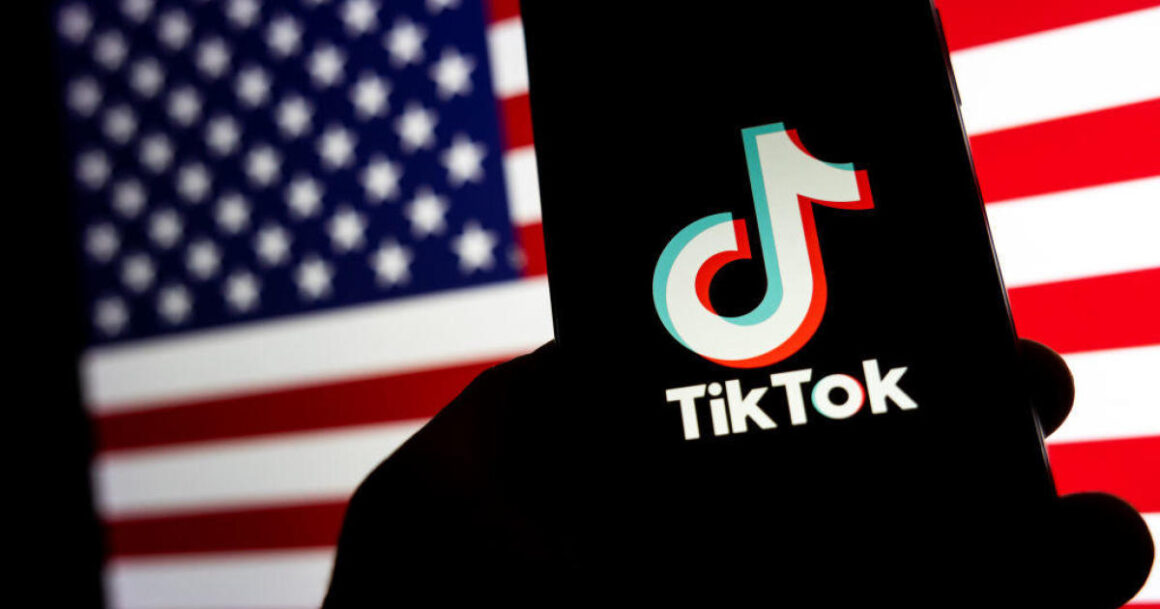By James Fleming
In 2013, it was discovered that the United States was spying on its own citizens’ telephone calls – the conversations of hundreds of millions of Verizon customers were being passed on to the NSA.
In 2018, Google was in trouble for gathering “location data on users, even if [users had] specified not to do so in their device settings.”
In 2019, the company Cambridge Analytica was found to have “misused intimate personal Facebook data to … manipulate … voters in the US election”. Amnesty International stated that “Facebook’s insidious control of our digital lives undermines the very essence of privacy” and described the Cambridge Analytica scandal as “just the tip of the iceberg”.
In October 2023, it was reported that US car manufacturers were collecting data unbeknownst to their owners, which was being passed on to insurance companies. Research described data collection by car manufacturers as “a privacy nightmare on wheels” and “the official worst category of products for privacy”.
Many organisations and individuals critical of capitalism and imperialism have seen their accounts deleted or their posts restricted. Recently, we have seen this with the banning of Palestinian solidarity organisations on Meta platforms.
Breaches and manipulation
These are just a few high-profile examples of privacy breaches and manipulation through digital media in the US. American capitalism has mastered the practice of mass surveillance and manipulation and brought it to a higher and more devious level than humans have ever experienced.
Meanwhile, the Chinese State is notorious for its internet firewall. It has “an army of internet police” that can and does filter any internet content that is deemed threatening by the misnamed Chinese Communist Party (CCP). It rules over a highly oppressive capitalist and imperialist state that brutally suppresses any dissent.
TikTok is a private company based in Beijing. TikTok supporters tend to emphasise that it is not subject to the interests of the Chinese state because it is a private company. This is naïve, but even if it were not, TikTok does not have a clean record regarding privacy. In 2022, ByteDance, the Beijing-based company that owns TikTok, “admitted that several of its Beijing employees did access the data of at least two journalists in the US and UK to track their locations and check whether they were meeting TikTok employees suspected of leaking information to the media”. That’s about as serious a privacy breach as you can get.
So, regarding privacy and freedom of speech, neither the US nor Chinese states can be trusted, whether in terms of the official state apparatus or the privately owned communications companies operating within them, such as Facebook, Verizon, or TikTok.
Inter-imperialist competition
Despite claims by both sides that democracy, freedom of speech, or privacy are at stake, the US attack on TikTok is an attempt to protect the dominant position of its tech corporations like Google and Facebook from Chinese competition. It reflects the enormous conflict between these two imperialist powers, which has resulted in the emergence of an intense cold war between them in the last decade.
The attack on TikTok comes from a united political establishment in the US. Republicans and Democrats alike voted in the House of Representatives to ban or force the sale of TikTok. The extent of their unity on this question is rarely seen; they voted 352-65 in favour of banning or forcing the sale of TikTok. These parties, which appear so sharply divided on many issues, gladly unite to protect the interests of their own super-wealthy corporate class.
Individuals within the US ruling class, such as Trump’s former treasury secretary Steve Mnuchin, instigator of the campaign against the company, are salivating at the prospect of acquiring TikTok and stand to make a lot of money from its forced sale. This, of course, is all happening under Biden’s Democratic leadership.
Banning TikTok in the US would affect the livelihoods of countless working-class people and small businesses who survive by posting content on TikTok. Countless more ordinary people in the US use TikTok as a platform to express themselves creatively or to develop their skills as actors, comedians, entertainers, academics and so on. This is not to mention the 8,400 jobs that would be lost directly by TikTok employees in the US. Furthermore, if TikTok is banned in the US, other countries aligned with the US may also ban it.
Faded optimism
When social media platforms first became popular, there was optimism among many ordinary people about their potential. They were seen as democratising platforms that allowed people to broadcast their own content. Whereas the traditional media – newspapers, radio, television – were like fortresses whose walls working-class people lived outside: anyone could create a MySpace or Twitter profile. On the face of it, social media seemed to offer a voice to the voiceless. Artists could promote their own work, whether it was music, video, creative writing, photography or virtually any other kind of art. Craftspeople and small businesses could sell their unique wares.
Social media is still used in this way, but it is a much less positive space. In fact, it has been found in multiple studies to cause more mental harm than good. Users find that their posts reach less of their friends and followers, while their timelines are increasingly flooded with low-quality memes, spam and “sponsored” content. A lot of content is upsetting for users, as social media sites use algorithms to display triggering content to provoke reactions and increase engagement on their sites. That this engagement is negative and divisive, facilitated by an online space designed to be addictive and undermine thoughtful discussion, is preferable and more profitable for social media companies than other less-harmful alternatives.
The potential for social media as an effective tool for working-class interests also scares the ruling classes. In the past, the internet has been effective for organising workers and communities. This explains why socialist content is increasingly restricted or banned on corporate social media sites and why such sites have become cesspits of advertising, scams, conspiracy theories, racism and general nonsense where sensible discussion and engagement is almost impossible.
Private ownership
The optimism that once existed among people about social media is diminishing because like the newspaper, radio and television fortresses, social media sites are owned and controlled by the rich and powerful for profit. We do not have the freedom with them as we may have once thought. The sites amplify all sorts of divisive and manipulative propaganda to protect the ruling class from increasingly popular working-class ideas about an alternative, progressive way of organising society – namely, socialist ideas.
The Internet is an incredible technology with incredibly positive potential. However, this potential is hampered by the profit drive and capitalist ownership. The billionaire entrepreneurs have had their go and it’s been awful; the major tech companies should be seized into democratic public ownership and run on a not for profit basis – without advertising and harmful algorithms – under the control of workers and users.
The full potential of internet technology can only be realised by such a democratic, worker-controlled internet that’s run for our needs – a truly free internet where advertising, scams, and spam become things of the past.












